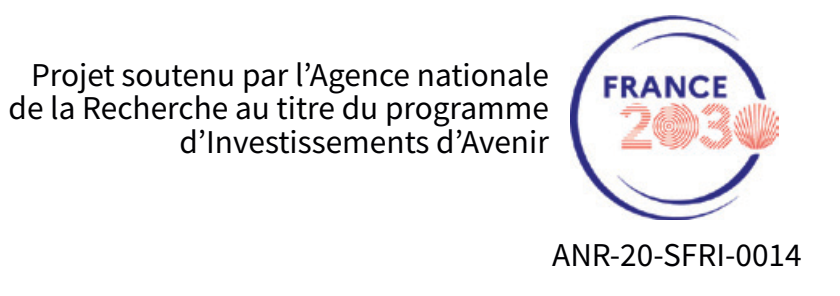Graduate programmes : an integrated master-doctorate pathway
Nantes University offers new training programmes - Graduate Programmes (GP), which are supported by research laboratories and offer an integrated master's-doctorate pathway. These research-based training programmes are proposed in each of the following Graduate Schools:
- Graduate School Matter, Molecules, Materials and Geosciences (3MG)
- Graduate School Health Sciences and Technologies (STS)
- Graduate School Mathematics and Information and Communication Technologies (MASTIC)
- Graduate School Engineering and Systems (SIS)
Choosing the Graduate Programme!
- Training in and through research
- Integrated programme of a two-year master's and a three-year PhD*
- Taught in English.
- Involvement in research projects and teams in the laboratory
- Scholarships and financial aids available.
- Personalized supervision by a professor-researcher and researchers
- An international, intersectoral, and interdisciplinary approach
- Elective modules, small group supervised projects, workshops, etc

Welcome Scholarships
(1500€ for the best international students)

Financial support for international mobility (internships, exchange programme, participation in conferences...)

Doctoral Scholarships *

Help in finding housing for foreign students
(priority for university residences)

French as a Foreign Language (FLE) courses

Exploration of companies
(internships, events, meetings...)
.
More opportunities for international students: Eiffel scholarships | Other scholarships
Continuing to a Doctoral programme depends on academic performance and the granting of a doctoral scholarship.
Continuing to a Doctoral programme depends on academic performance and the granting of a doctoral scholarship.
Graduate School of Health Sciences and Technologies
STS Graduate School's website
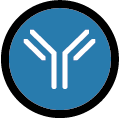 Immunology and Immuno-intervention (I³) Master | Doctorat
Immunology and Immuno-intervention (I³) Master | Doctorat
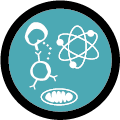 Oncology, Hematology et Nuclear Medicine (OHNU) Master | Doctorat
Oncology, Hematology et Nuclear Medicine (OHNU) Master | Doctorat
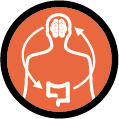 Microbiota, Gut, Brain, Food, Health (MICAS) Master | Doctorat
Microbiota, Gut, Brain, Food, Health (MICAS) Master | Doctorat
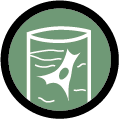 The "4R" Medicine: Repair, Replace, Regenerate, Reprogramme (M4R) Master | Doctorat
The "4R" Medicine: Repair, Replace, Regenerate, Reprogramme (M4R) Master | Doctorat
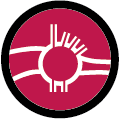 Innovation for Cardiovascular, metabolic and respiratory diseases (InnoCARE) Master | Doctorat
Innovation for Cardiovascular, metabolic and respiratory diseases (InnoCARE) Master | Doctorat
Graduate School of Mathematics, Information and Communication Technologies (MASTIC)
Mastic Graduate School's website
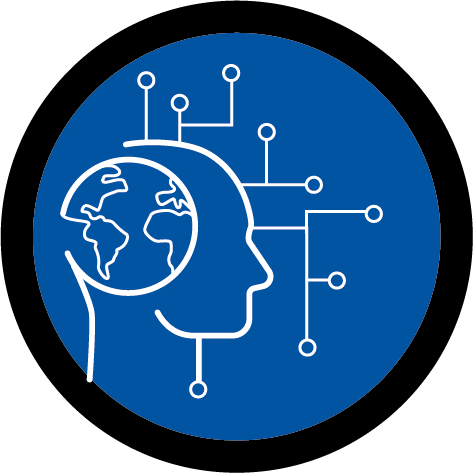 Smart Computing Master | Doctorat
Smart Computing Master | Doctorat
Graduate School Engineering and Systems(SIS)
Admission
Our Graduate programmes are the selective , both for entry into master's programme and doctoral programme. The application procedures for master level and doctorate levels are specified in each programme description.
Candidates are expected to have a good academic record, an interest in scientific research and a willingness to actively engage in their study.
Our objective is to select outstanding candidates who have a good level of mind-set, reflection or experiences to be able to follow our programmes and adapt rapidly. Each graduate programme will have their own requirements. Please find more details in the specific programme above.
Academic requirement:
Candidates are expected to have a good academic record, an interest in scientific research and a willingness to actively engage in their study.Our objective is to select outstanding candidates who have a good level of mind-set, reflection or experiences to be able to follow our programmes and adapt rapidly. Each graduate programme will have their own requirements. Please find more details in the specific programme above.
Language requirement:
Most of our graduate programmes will be taught in English; therefore, a good level of English will be required. Please find more details in a specific programme
Mis à jour le 30 August 2024.

 Version française
Version française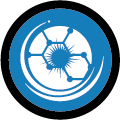 Light, Molecules and Matter (Lumomat)
Light, Molecules and Matter (Lumomat) 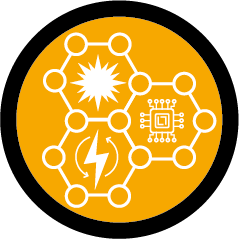 Innovative Materials and Energy Systems (E-MAT)
Innovative Materials and Energy Systems (E-MAT) 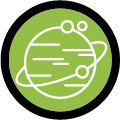 Earth and Planetary Sciences (EPS)
Earth and Planetary Sciences (EPS) 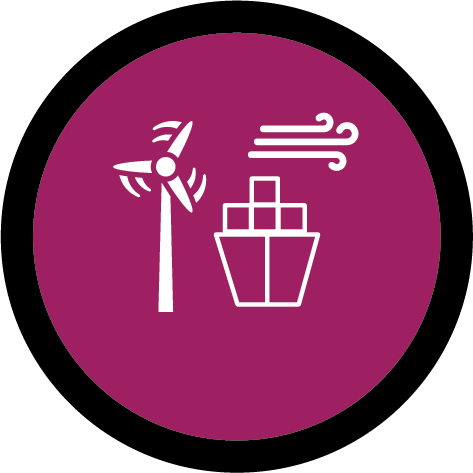

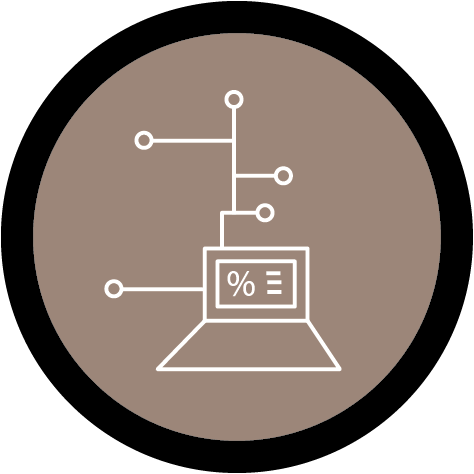
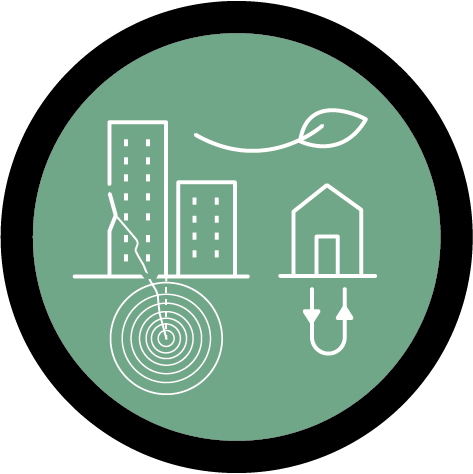
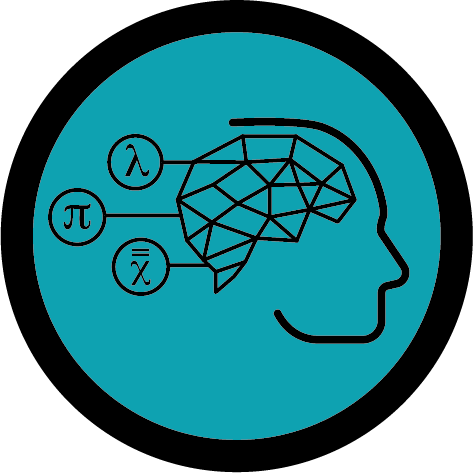 Language Science (LScie-grad)
Language Science (LScie-grad) 